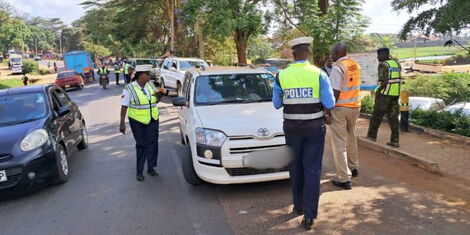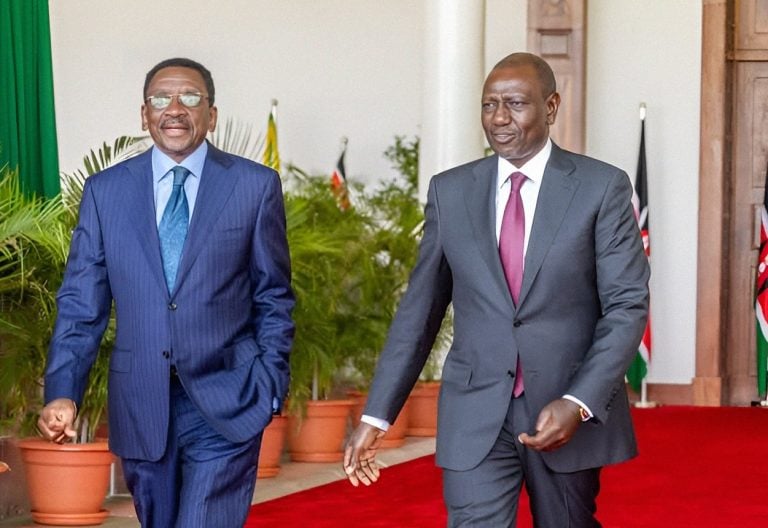
In a dramatic twist to Kenya’s Competency-Based Curriculum (CBC), senior school learners will now tackle not just one—but two different strands of mathematics, depending on their academic track. The Kenya Institute of Curriculum Development (KICD) has unveiled a bold shift that is bound to spark fresh debate in education circles.
According to KICD, students pursuing STEM (Science, Technology, Engineering, and Mathematics) subjects will now be taught Core Mathematics, while those in the Arts, Humanities, Sports, or Social Sciences pathways will study a customized version called Essential Mathematics.
This surprising development follows intense lobbying by education stakeholders who demanded that mathematics remain a compulsory subject in senior school. Initially, maths had been excluded from the list of mandatory courses, a move that has now been dramatically reversed.
“We heard the cries of stakeholders. Mathematics is now back—and in two forms,” declared KICD Chairperson Professor Simon Gicharu, who is also the founder of Mount Kenya University.

The new curriculum will see STEM learners dive deep into numerical and algebraic concepts, while those in other streams will focus on real-world applications such as commercial arithmetic, statistics, and geometry—geared toward building financial literacy, spatial reasoning, and critical thinking.
“Essential Mathematics is not watered-down math. It equips learners with practical tools—skills they’ll use to make everyday decisions, even outside science careers,” Gicharu explained.
But that’s not all.
Under CBC’s transformative reforms, students will also take part in Community Service Learning (CSL) projects—real-world problem-solving tasks aimed at bridging classroom knowledge with local community challenges. From research and statistics to applied geometry, learners will actively apply what they study to real-life issues around them.
Additionally, Information and Communication Technology (ICT) training will be compulsory for all students across every pathway, with a focus on digital literacy, responsible tech use, and even how to maintain their gadgets.
And in a nod to holistic development, Pastoral Programme Initiatives (PPI) will be integrated into every senior school to nurture students’ moral, spiritual, and ethical growth.
“Education is more than books. It’s about raising citizens who are empowered, ethical, and ready to transform Kenya,” Gicharu emphasized.
As the first CBC cohort gears up to transition into senior school (Grade 10) in 2026, systems are already in motion to ensure a smooth rollout. Senior school will span three years, targeting learners aged 15 to 18—the final phase of basic education as laid out in the Basic Education Act, 2013.
Students will study at least seven subjects, with four being compulsory: English, Kiswahili, Physical Education, and Mathematics (core or essential, depending on pathway).
While addressing students at Murang’a High School—known for academic brilliance and moral uprightness—Professor Gicharu lauded the school’s legacy of molding future leaders.
“Murang’a High School has been a cradle of excellence and character. It’s institutions like this that will help CBC succeed,” he said.
Principal Willy Kuria, who welcomed Gicharu and fellow alumni, praised the mentorship by former students now working in various professions.
“Our learners relate better when they hear from those who once sat in their seats. This is how CBC becomes real—when education connects with lived experience.”
As the CBC reforms continue to reshape Kenya’s education system, one thing is clear: the future of learning in Kenya is being redefined—with numbers, values, and impact at the center of it all.







